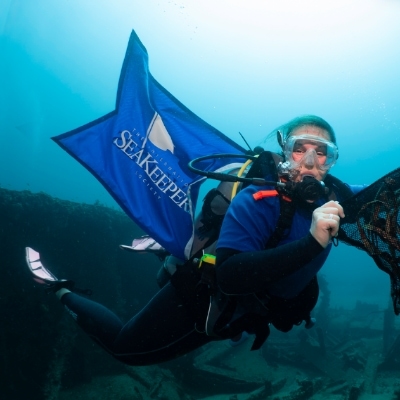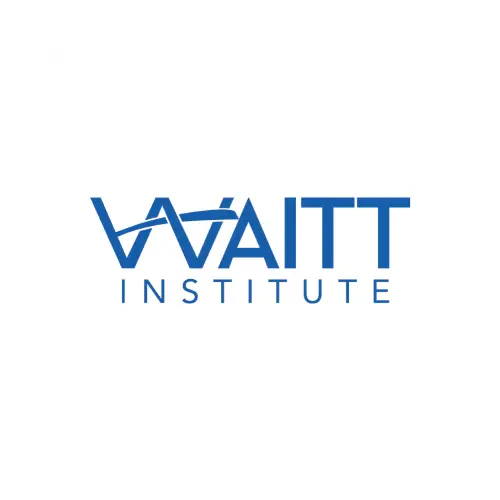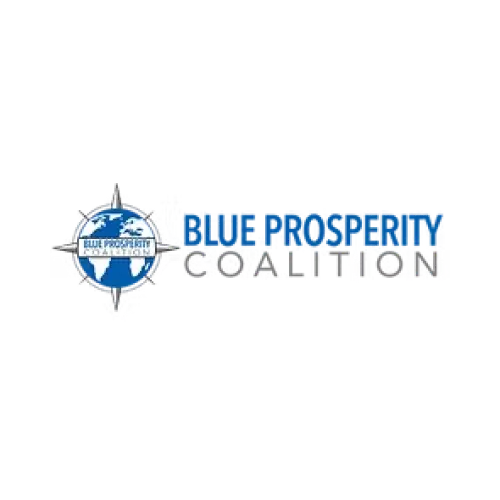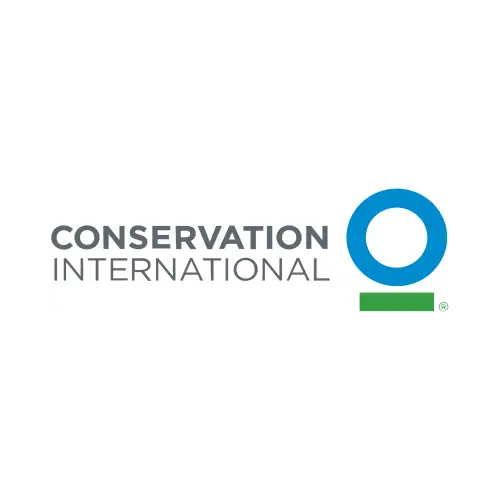Reef Surveys in Samoa
Project Overview:
The Independent State of Samoa has partnered with the Blue Prosperity Coalition and Conservation International to protect 30% of its ocean area and support the implementation of the Samoa Ocean Strategy (SOS). The SOS aims to build partnerships with local, regional, and international entities to achieve the complex goals of protecting Samoa’s ocean and fostering sustainable blue economies.
Program Partners
- Waitt Foundation
- Blue Prosperity Coalition
- Conservation International
Location
- Samoa
Expected Time Frame
- Ongoing – flexible scheduling based on vessel availability and field conditions
Duration of Expedition
- 10 Days
Accommodation Needed
- 5-10 Researchers
Special Equipment Needed
- Licensed Captain; Swim platform (hydraulic or stationary) or easy access to water; Access to tender or smaller vessel; Compressor (for scuba diving)
Expedition parameters listed above are flexible and negotiable.
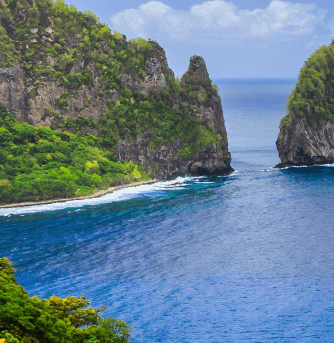
Background:
In September 2022, an expedition was conducted along the northwestern and southwestern forereefs of the main islands of Samoa, aiming to provide a comprehensive and systematic snapshot of the state of coral reefs across the country. A total of 36 sites were surveyed, returning standardized data on benthic composition, reef fish communities, macroinvertebrate communities, coral recruitment, reef rugosity (structural complexity), and water quality. Thirteen of these sites were resurveys of sites previously surveyed in 2017 and 2019 using identical methods. The data collected during this expedition supports the research and marine spatial planning goals of the Samoa Ocean Strategy (Government of Samoa 2020). Additionally, there is an interest in resurveying sites that were missed during the original expedition due to adverse weather conditions, as well as surveying new sites to further enhance the comprehensiveness of the study.
Mission:
The mission of this field expedition is to conduct comprehensive surveys and revisit previously surveyed reef ecosystems to gather data on reef fish populations, benthic coral reef communities, marine invertebrates, and water quality parameters across the islands of Samoa.
Objectives:
- Survey priority sites identified by the Ministry of Agriculture and Fisheries.
- Resurvey established sites with previously installed permanent photomosaic plots.
- Prioritize safe diving conditions for the research team’s safety.
- Collect data on key indicators of reef health:
- Reef fish abundance, diversity, and biomass.
- Benthic community composition, including percent cover and diversity of benthic taxa.
- Abundance of juvenile corals (coral recruitment).
- Reef rugosity.
- Abundance and diversity of benthic macroinvertebrates.
- Collect algal samples for stable isotope analysis to determine the concentration and origin of nutrients.
- Focus surveys on continuous or nearly continuous hard bottom sites to minimize variability in community composition.
Relevant/Previous Scientific Publication(s):
Program Partners:
Get Involved
If you’re interested in learning more about this specific program opportunity, please reach out to our team below to find out more about this program or get involved in other opportunities with SeaKeepers.
Explore More Opportunities
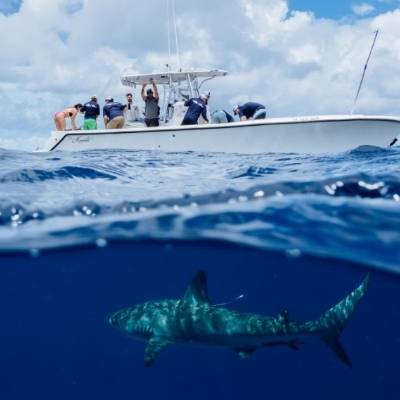
At-Sea Opportunities
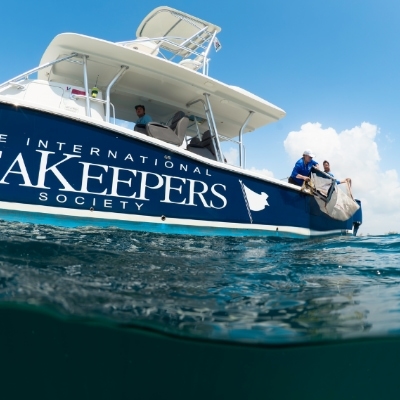
Citizen Science Opportunities
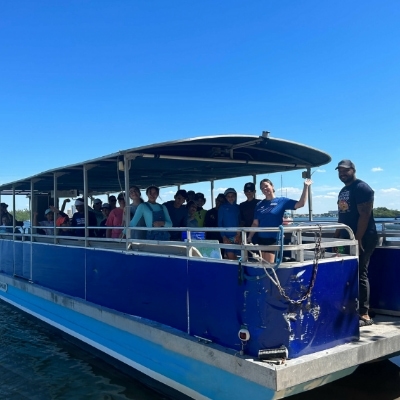
Education Opportunities
